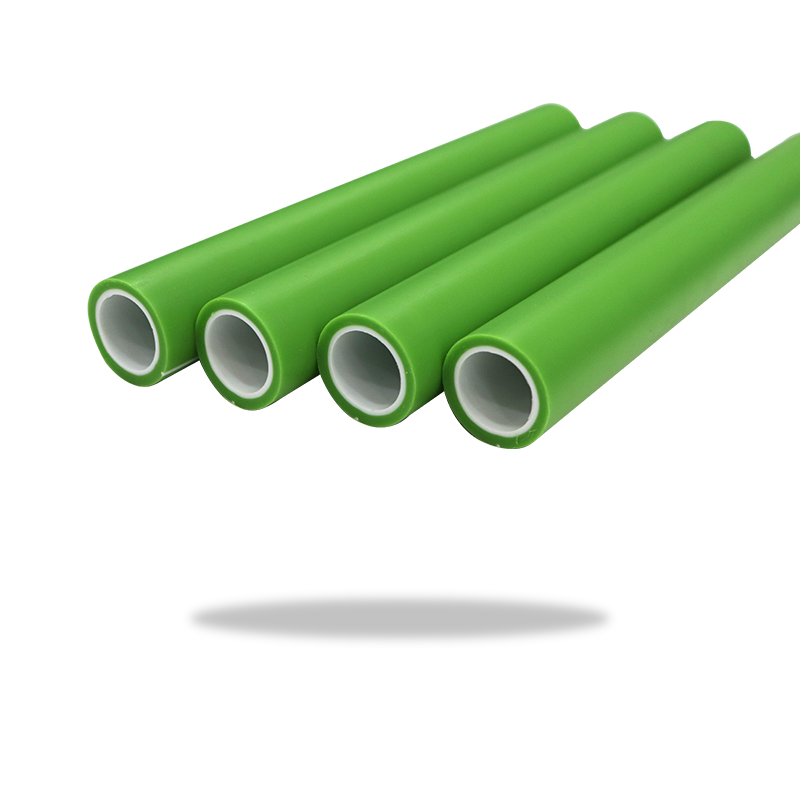PPR (Polypropylene Random Copolymer) pipes generally have good resistance to microbial growth and biofilm formation, but there are a few factors to consider:
Low Adhesion for Microbes: PPR pipes have a smooth inner surface, which reduces the ability of microorganisms to adhere and form biofilms. This smoothness helps minimize areas where bacteria can accumulate and grow over time.Inertness to Water Chemistry: PPR is chemically inert, meaning it doesn’t react with the water passing through it. This reduces the likelihood of creating conditions that encourage microbial growth, unlike materials that may degrade or leach substances into the water.

Chlorine Resistance: PPR pipes are resistant to many chemicals, including chlorinated water, which is commonly used to treat potable water. Chlorination helps in inhibiting microbial growth within water systems, and PPR’s compatibility with treated water contributes to its resistance to biofilms.Hot Water Systems: PPR is commonly used in both hot and cold water applications. In hot water systems, the higher temperatures typically reduce the risk of microbial growth, as most microorganisms prefer cooler environments.
Possible Biofilm Formation: While PPR pipes are resistant to biofilm formation, no material is entirely immune, especially in systems where water stagnation or poor maintenance occurs. Over long periods, in certain conditions like stagnant water, biofilms could potentially form if the system is not properly cleaned or maintained.Water Quality and Usage: In environments with high organic content or nutrient-rich water, even the best materials can experience some microbial growth over time. Regular water treatment, flushing, and proper system design are essential for reducing this risk.
PPR pipes have a strong resistance to microbial growth and biofilm formation due to their smooth surface, chemical inertness, and resistance to treated water. However, like any system, proper design, regular maintenance, and water treatment practices are important to minimize biofilm formation over time.

 简体中文
简体中文 English
English русский
русский Español
Español Français
Français عربى
عربى Português
Português












